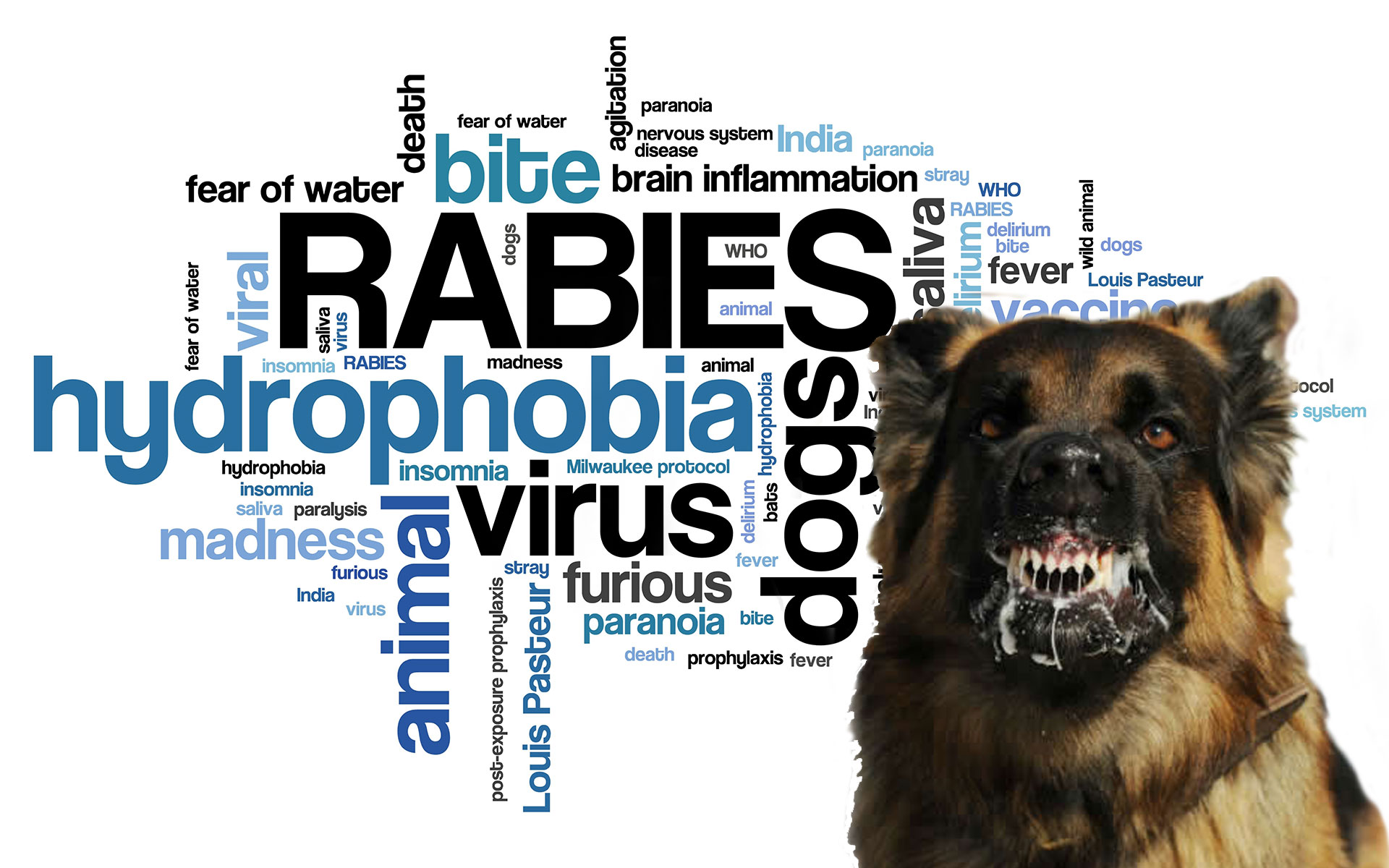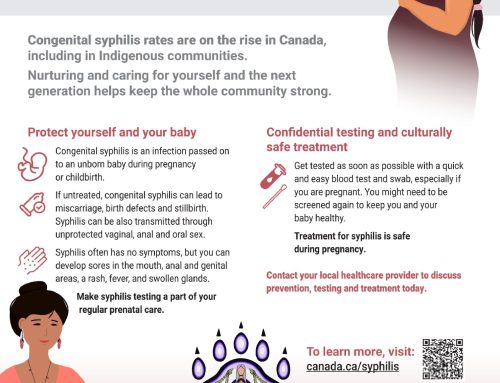Rabies Fact Sheet
What is rabies?
Rabies is a viral infection that can be transmitted from animals to people. The disease attacks the nervous system and eventually affects the brain. Once symptoms appear, rabies is almost always fatal. Domestic dogs are the most common reservoir of the virus, with more than 99% of human deaths caused by dog-mediated rabies.
Rabies is transmitted through the saliva (spit) of infected animals generally entering the body from a rabid animal into a wound (e.g. scratches), or by direct exposure of mucosal surfaces to saliva from an infected animal (e.g. bites). The virus cannot enter through intact skin.
What to do when someone get’s a dog bite:
- Clean with soap & water depending on the severity, and immediately go to the nursing station for treatment.
- Questions that will be asked:
- The individuals birthdate and health information
- The animal owners name and contact information
- Type and description of animal
- Where and when the injury occurred
- Site and type of injury
- If it was a domestic animal/stray or wild
- It is important to wait the 10 day observation period before destroying the animal if the decision is made to destroy. If the animal is destroyed prior to the 10 days, a specimen must be sent out to be tested or the injured person will be required to get rabies vaccinations. If the animal is instead quarantined, the animals’ behaviour is observed for risk of biting again.
- A CHR will contact the owner and educate them on the importance of putting the animal in quarantine for 10 days. After the 10 days, Public Health will connect with the owner of the animal and observe it’s behaviour.
Remember:
- Seek medical attention within 24 hours after being bitten or attacked by a strange-acting domestic or wild animal
- Vaccinate your pets
- Don’t let pets roam free outdoors, especially at night
- Teach your children never to approach unfamiliar or stray animals
- Report any strange-acting wildlife, stray or dead animals to your local Conservation
- Wear gloves and shovels when removing dead animals from your yard
- Do not keep wild animals as pets
- Identify and cover potential places that wildlife could enter your home
For more information:
- Health Links-Info Sante at 1-888-315-9257
- MAFRD at 204-470-1108
- Public Health Department 204-484-2341
- Nursing Station 204-484-2031





